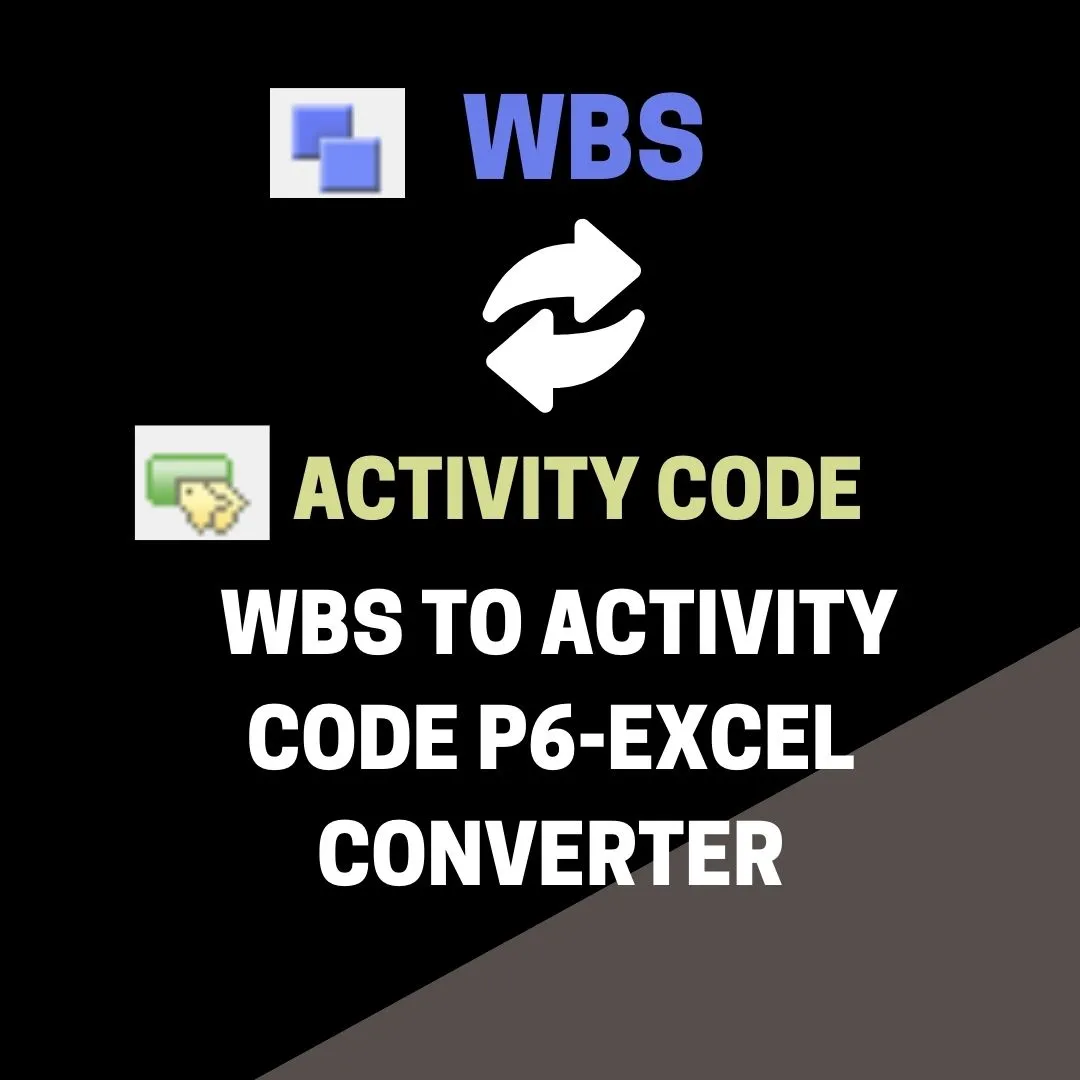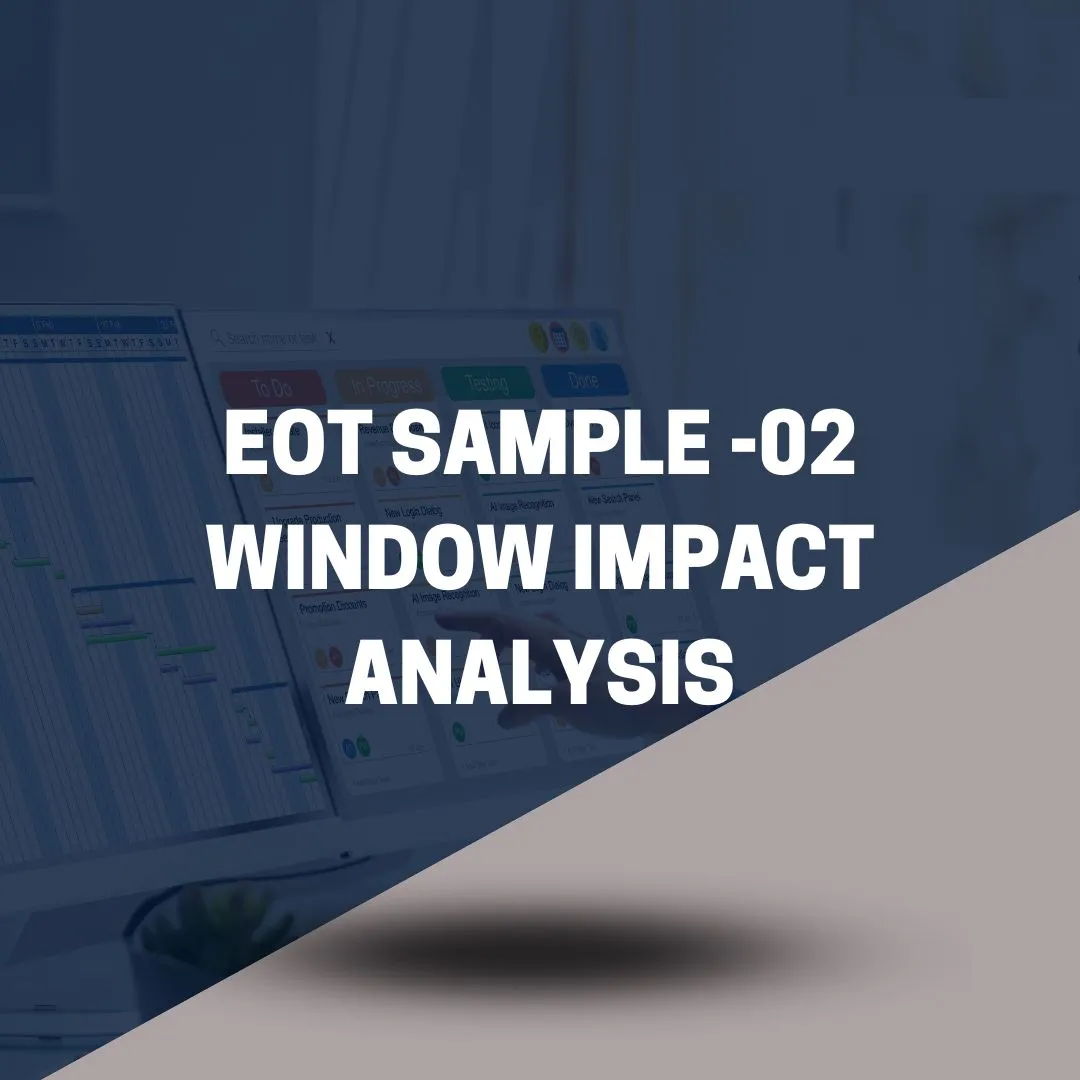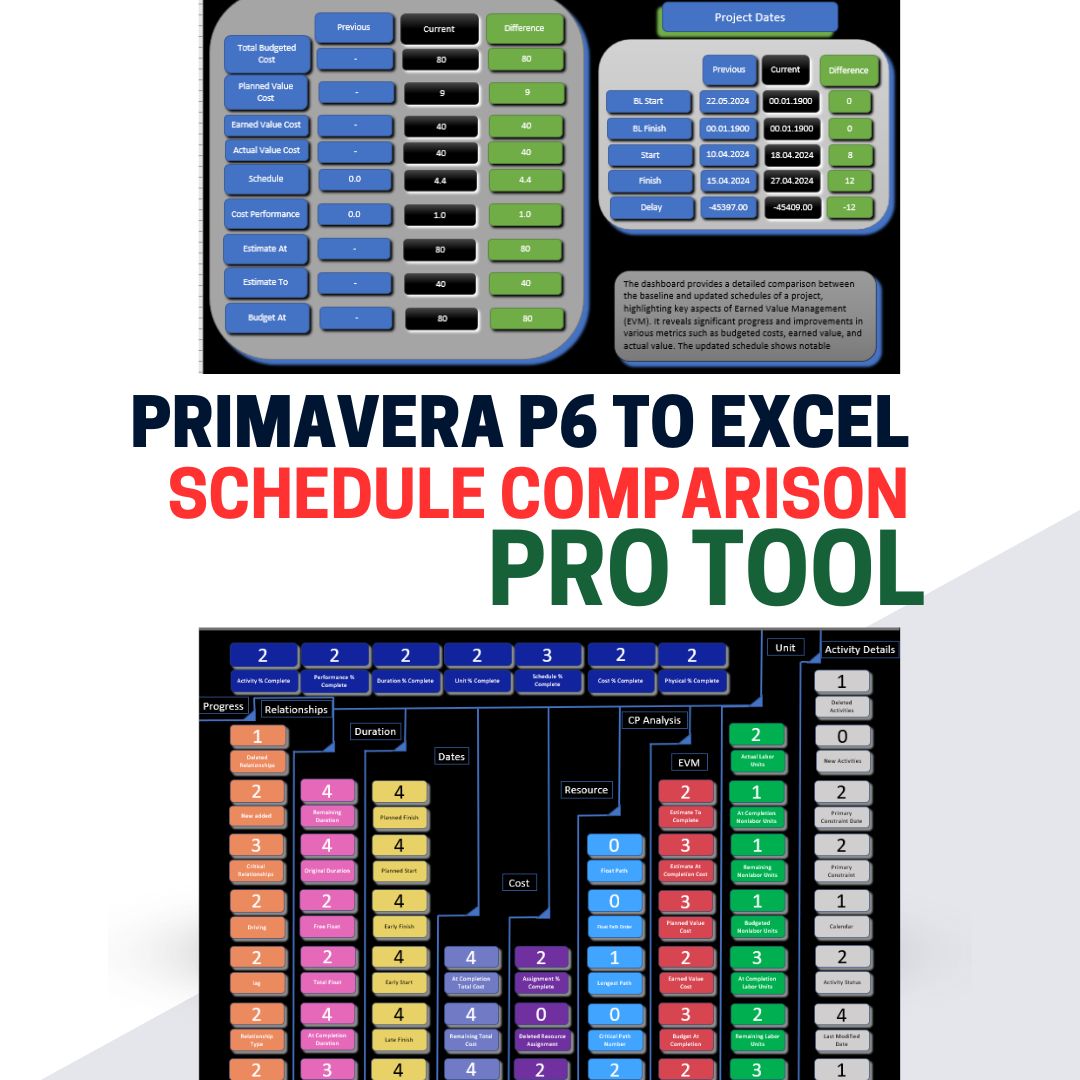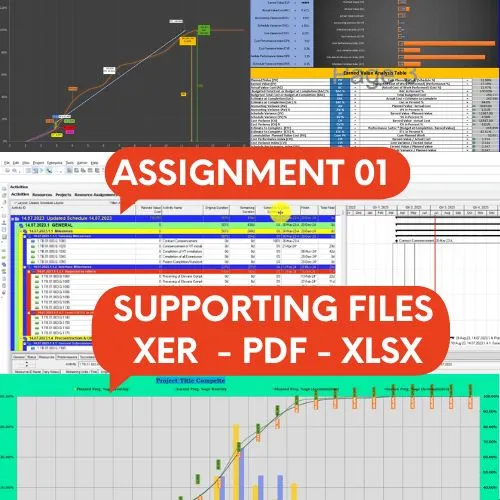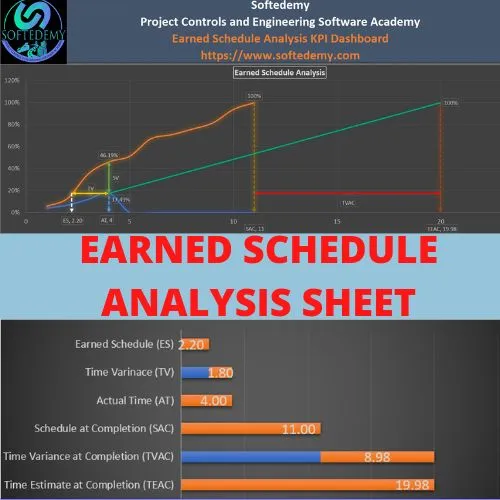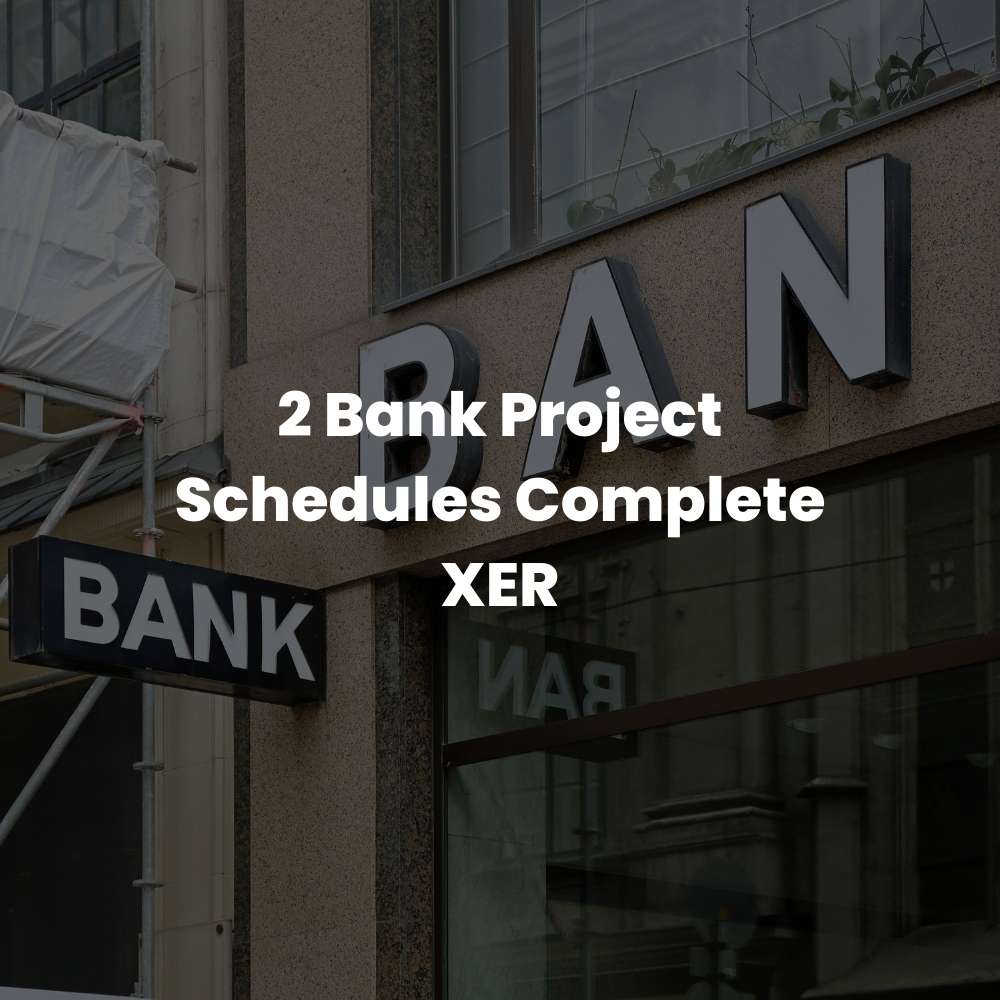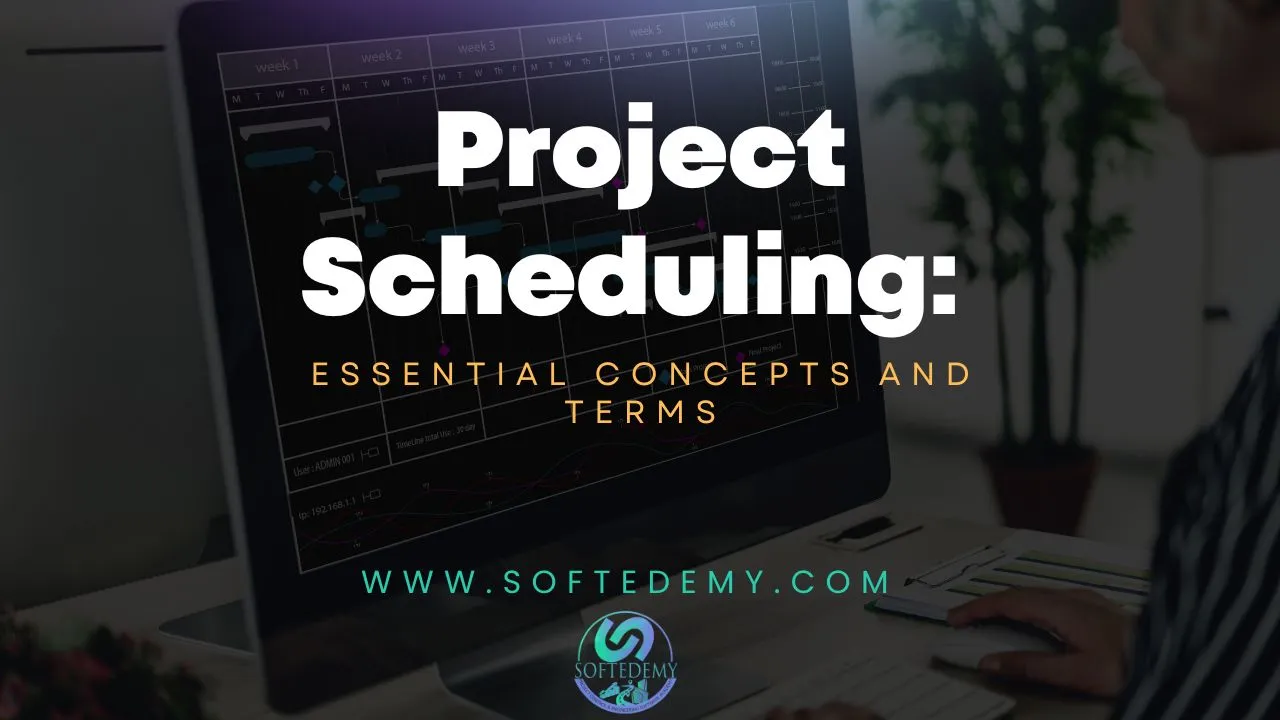Project scheduling is fundamental in project management, helping ensure successful project completion within an approved timeline. It involves the strategic use of skills, tools, techniques, and intuition that are developed through both formal and informal training. A schedule model effectively integrates key project components like activities, resources, and logical relationships to optimize management and operational efficiency.
Basic Terminology in Project Scheduling
To manage and communicate effectively within a project, it is crucial to understand several key terms related to project scheduling.
Milestone
A milestone is a significant point in the project timeline, typically marked by an event or achievement that has zero time periods in duration. It signifies important phases or achievements within the project.
Activity
An activity represents a distinct, scheduled portion of work performed during the project. Each activity is uniquely identified and has a set duration that contributes directly to the project’s progression.
Resource
Resources include any personnel, equipment, materials, or finances necessary to accomplish project activities. These may encompass skilled human resources, either as individuals or teams, along with necessary equipment and materials.
Logical Relationship
A logical relationship defines the dependency between project activities or between an activity and a milestone, indicating the sequence in which tasks should be executed.
Advanced Scheduling Tools and Models
Project scheduling incorporates various sophisticated tools and models to aid in detailed project planning and execution.
Scheduling Tool
A scheduling tool helps in building and modifying the project schedule, providing essential features such as component naming, structural relationship definitions, and algorithms for schedule calculation. Popular tools include Primavera P6 and MS Project.
Schedule Model
The schedule model is a detailed plan that includes durations, dependencies, and other planning information vital for executing the project’s activities and creating the project schedule.
Schedule Model Instance
A schedule model instance is a version of the schedule model processed through a scheduling tool based on specific project inputs and adjustments. It is used to record and reference various project data such as version updates and baseline comparisons.
Schedule Presentation
Schedule presentation involves the output from a schedule model instance, which is used to communicate project-specific data for purposes like reporting, analysis, and decision-making. Formats can include bar charts, critical paths, and resource profiles.
The above definitions and descriptions are derived from “Project Standard for Scheduling (3rd Edition)” by PMI, providing a comprehensive framework for effective project scheduling.




